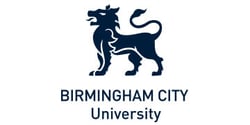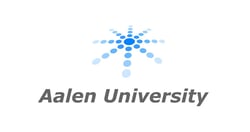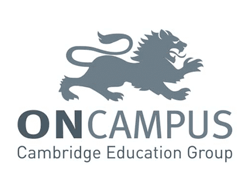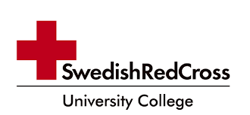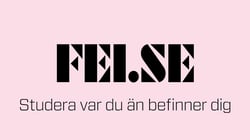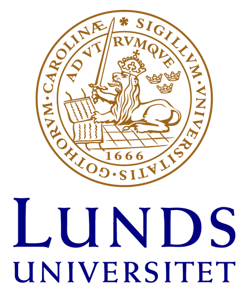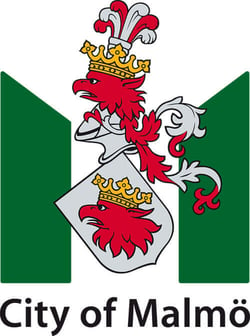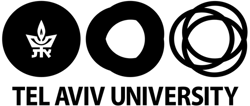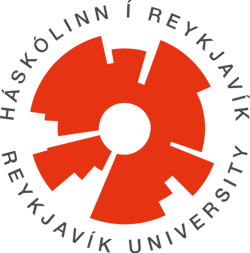Understanding what a formative assessment is
While the concept of formative assessments has only existed since 1960, educators have used “formative assessments” in various forms since the invention of teaching. It refers to a wide variety of methods teachers use to conduct evaluations of the student’s comprehension, learning needs, and academic progress during an instructional period, for example, a course, semester, program, or school year.
Formative assessment helps educators:
- identify what concepts or skills the students may have trouble understanding
- determine what students have retained from previous learning experiences
- refocus students on the learning process and its intrinsic value
- encourage students to build on their strengths rather than dwell on their weaknesses
- help students become aware of their learning needs, strengths, and interests
- give students more detailed, precise, and valuable information based on their needs
- reduce learning and achievement gaps between students
- accelerate the educational process and achievement of all students.


